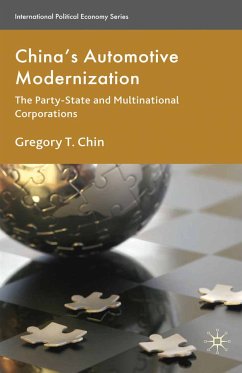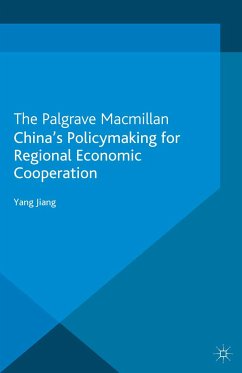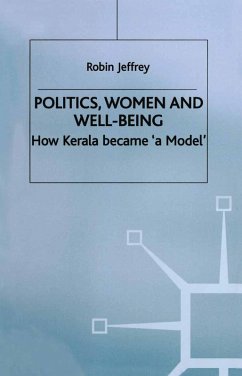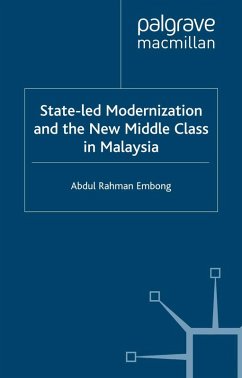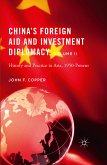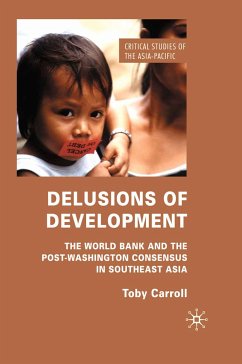Dieser Download kann aus rechtlichen Gründen nur mit Rechnungsadresse in A, B, BG, CY, CZ, D, DK, EW, E, FIN, F, GR, HR, H, IRL, I, LT, L, LR, M, NL, PL, P, R, S, SLO, SK ausgeliefert werden.
'Gregory Chin's excellent book on the political economy of the Chinese auto industry serves as a stark reminder that we should not underestimate the potential of the state to shape a nation's industrial trajectory, or to shape the strategies of seasoned multinationals. It has commonly been assumed that market forces prevail over state intervention. As an antidote, Chin's careful research and analysis illustrates how the Chinese state's nuanced strategy to actively channel markets has built an internationally powerful industry that may succeed in unseating the traditional global actors in this arena.' - Margaret M. Pearson, Professor of Chinese Politics, University of Maryland, USA

